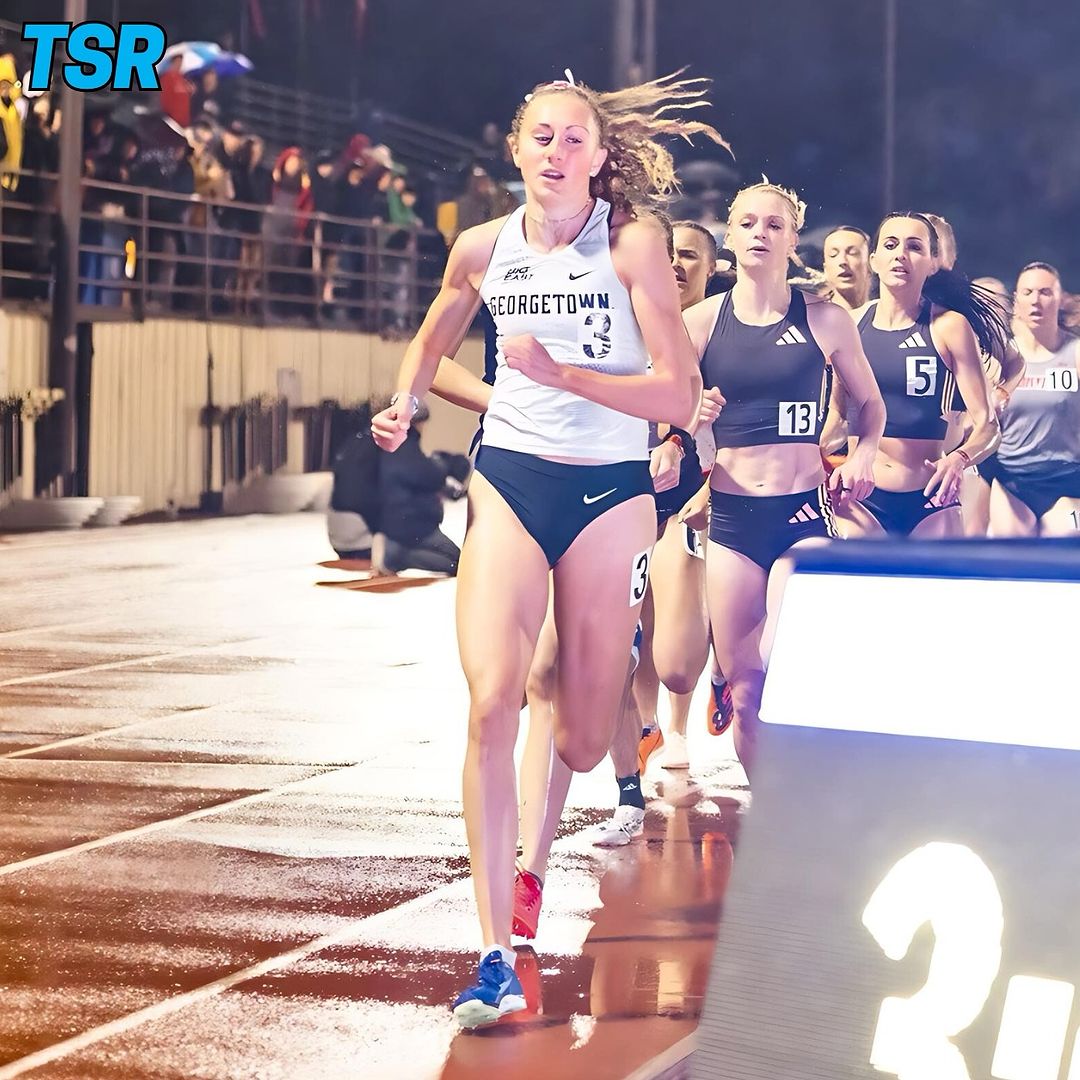CW: This article discusses eating disorders. Please refer to the end of the article for on- and off-campus resources.
Watching the women’s free skate this past week in the 2022 Beijing Olympics, I saw a broken teenager succumbing to exorbitant amounts of pressure, another teen distraught with her silver-medal-winning performance and a third left to celebrate her gold with feelings of emptiness. I had one question: Have we learned anything from Simone Biles?
Last summer, Biles redefined success. She taught the world that the relentless pursuit of victory at the expense of mental health is not glamorous. By stepping away from her 2020 Summer Olympic performance, which took place in 2021 due to the COVID-19 pandemic, she pioneered new norms for athletes to advocate for themselves against abusive training conditions.
But saying no is not easy, especially if you are a teenager raised in an institution that churns out teenage Olympic champions who are forced into retirement before adulthood.
Biles is the greatest gymnast the world has ever seen. When she speaks, the world listens. But, if a young Russian figure skater were to do the same, another girl would take her place in the blink of an eye.
That’s not to mention how hard it is for athletes as young as 15 — the current minimum age to compete in figure skating at the Olympic Games — to raise concerns. While raising the requirement to 18 may not solve every problem, it is an essential step to ensure a base level of maturity to guard against abuse.
Abuse is rampant in the sport; you don’t need to look far to see it. The news that gold medal favorite 15-year-old Kamila Valieva of the Russian Olympic Committee (ROC) tested positive for a banned heart medication during Russian nationals in December 2021 was heartbreaking.
The Court of Arbitration for Sport allowed Valieva to compete to prevent “irreparable harm” to her career. It also ruled that Valieva, as an athlete under 16, is a “protected person” under the World-Anti Doping Code and is not liable for her actions.
The adults meant to protect Valieva were the ones who endangered her. No 15 year old has the means to initiate a doping scandal. Valieva is the victim.
Eteri Tutberidze, who coached Valieva as well as her gold and silver winning teammates Anna Shcherbakova and Alexandra Trusova, both just 17 years old, displayed a disturbing air of coldness at the free skate.
Leading after the short program, Valieva fell out of medal contention and left the ice sobbing after several uncharacteristic falls in the free skate. The pressure to win gold, as well as intense public scrutiny after the doping scandal, would cause most people — especially at 15 years old — to give in. Yet, instead of comforting her athlete, Tutberidze interrogated Valieva.
“Why did you let it go?” cameras heard Tutberidze yell. “Why did you stop fighting? Explain it to me, why?”
Tutberidze’s reprimands were so egregious that even Thomas Bach, president of the International Olympic Committee, described her comments as “a tremendous coldness” that “was chilling to see.”
Equally disconcerting was Trusova’s tear-stricken reaction to winning the silver medal.
“Everyone has a gold medal, everyone, but not me,” she screamed. “I hate skating. I hate it. I hate this sport. I will never go out on the ice again! Never!”
This outburst from Trusova, who snagged the bronze at the 2021 World Championships, was not a childish temper tantrum. It signifies a dangerous, entrenched narrative that measures success only with first-place finishes.
These interactions show just how broken the sport is, but the issues lie beyond the actions of one coach. Figure skating receives global attention only once every four years, compounding the pressure on young athletes. It also encourages athletes to be as small as possible to complete more difficult jumps. The only women to land a quad jump have been teenagers, but these young champions eventually grow up and are tasked with the impossible feat of maintaining their prepubescent body. It is no surprise that eating disorders pervade the sport.
These challenges extend to athletes beyond the dominant ROC. Then-18-year-old Gracie Gold captured American hearts with her charisma at the 2014 Olympics, but mental health issues and an eating disorder prevented her from chasing a second in Pyeongchang, South Korea.
If increasing the age requirement means relinquishing the quad jump, so be it. It is a small price to pay to decrease the pressure and abuse directed towards teenagers. The sport cannot be allowed to continue as is.
There are glimmers of hope that show what figure skating could become. Gracie Gold returned to the 2022 National US Championships at 26 years old. American Mariah Bell accomplished her goal of making it to the games at age 25 — after becoming the oldest American women’s national champion in 95 years. Alysa Liu, a 16-year-old American, broke into tears of joy after her seventh-place Olympic finish.
These moments brought joy back to a sport riddled with abuse. By raising the minimum age and implementing programs that prioritize athletes’ well-being, all skaters can reclaim their joy too.
Carrie McDonald is a sophomore in the College. The Equalizer appears online and in print every other week.
Resources: On-campus resources include Health Education Services (202-687-8949) and Counseling and Psychiatric Service (202-687-6985); additional off-campus resources include the Crisis Text Line (text 741741).








